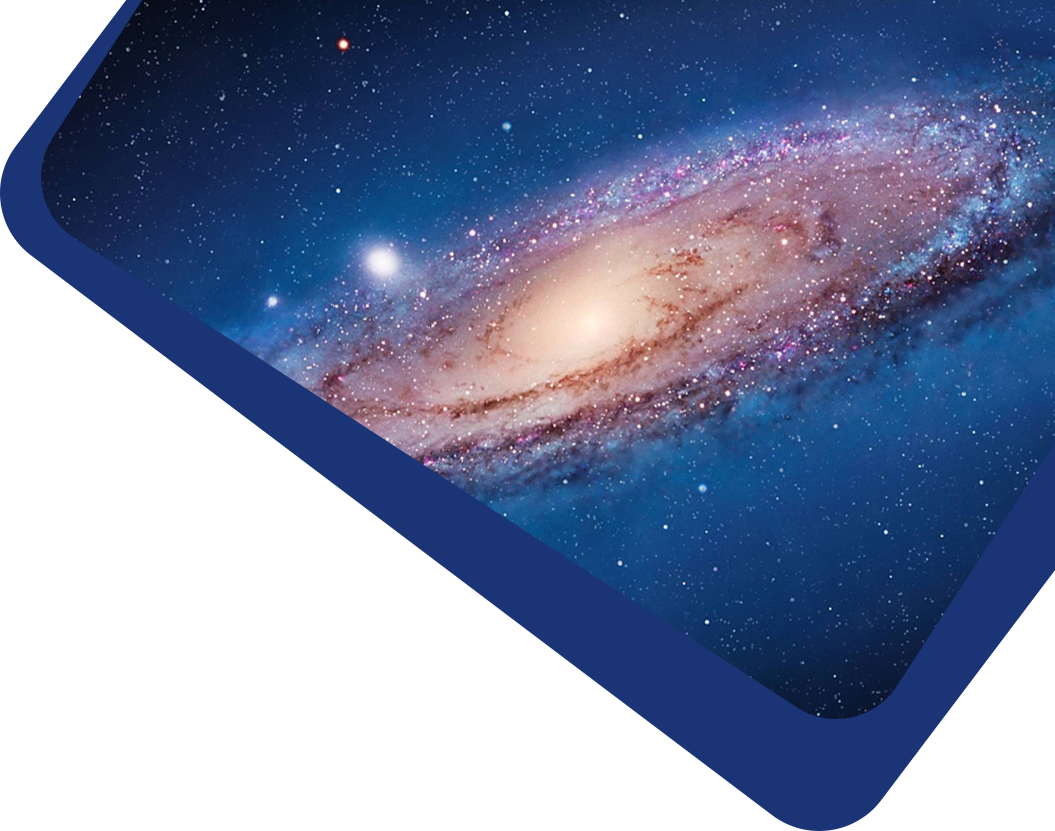

Despite many attempts, the origin of UV emission line and continuum in contact binary stars remains unclear. We present a substantial UV spectroscopic analysis of VW Cephei, a late-type contact binary system, using 46 low-resolution spectra from the International Ultraviolet Explorer in the wavelength range 1150–1978 Å. By modeling continuum and emissions lines in individual spectra, we report the significant detection of O iii] (1660 and 1666 Å) and Si iv (1393 and 1402 Å) line complexes. We observe that UV fluxes for both continuum and emission lines like C iv, O iii], C ii and Si iv vary significantly (fractional rms variability up to 45%) from hours to years. In addition, line widths also change by hundreds of km s−1. The UV flux variabilities observed in the continuum bands and line emissions are uncorrelated. However, most of the flux values follow the binary orbital period observed from optical data. Our analysis indicates that, while the variation in continuum flux may be attributed to a heated photosphere, the line width measurements indicate that the emission lines are likely formed in the dynamical clouds associated with Roche lobe overflow. We estimate the mass transfer rate of 
 from UV line fluxes, which is in good agreement with optical studies.
from UV line fluxes, which is in good agreement with optical studies.
techniques: spectroscopic– (stars:) binaries: eclipsing– ultraviolet: stars
There are currently no refbacks.
It accepts original submissions from all over the world and is internationally published and distributed by IOP